Excess weight is always a concern for a person who holds a good place in society and has the necessary self- awareness in the context of maintaining good health or appearance. The first thing that comes to mind at the sight of every well-shaped body is that we can also gain that self-confidence, which hovers in the footsteps of its owner if we lose some weight.
We start diets, the effect being that we feel tired, sometimes not at all losing weight, but instead gaining kils at times.
Modern Indian nutritionists developed a new attitude to having the correct diet. In western culture, carbohydrates in a meal are devoid of fiber: like flour used for making bread, pastries and cakes, and even diet products.
In Indian cuisine, there is more emphasis on the concept of Dal (Dal-means "chop", "split"). The word denotes all legumes such as lentils, beans and peas, whose pod is removed, or sabji-used in South India, which refers to any kind of vegetables, roti (roti or chapati is the Indian flat bread made from wholegrain flour ground on a stone mill).
Combining these foods, including more fiber balance our diet, strengthens us and give us more energy, which is necessary for compliance with a defined mode of attenuation.
Dietitians in India recorded yet another gap in the west’s nutrition. They think that we lack sufficient intake of vegetables and they are served under the camouflage of croutons, fatty sauces or generous amounts of oil.
Therefore, we ask why do we not get slimmer, when we think we are eating healthy?
This is the reason for the popularity of diets such as the Atkins, which promotes low carb. This means avoiding foods like bagels, pizza, pasta, muffins, which do not provide hardly any nutrients in our body. On the other hand, diets like that completely or partially reduce serotonin, one of the brain responsible for feelings of happiness, satisfaction and well-being. The result, according to Indian nutritionists, is irritability, anxiety, depression and resistance to dieting.
Indian nutritionists still believe that diets for weight loss should be based on an understanding of the many factors that affect weight such as metabolic rate, age, gender, level of physical activity, diseases that accompany someone wishing to lose weight and secondary resources.
The main foods used in India, their cooking methods and combinations of products are aimed at increasing your fiber and its nutritional content.
The best way to know that losing weight the right way, according to Indian nutritionists, is to ensure that reducing the weight happens slowly and gradually. Proper and balanced diet is the first step to successful weight loss in the long run. In this sense, the main stage involves choosing foods that are low in calories and high in nutrients.
Some of the Indian diet tips:
1. Moderate eating is very important. This helps to keep the body in mental and physical balance and to remain satisfied with all the necessary nutrients. This supports healthy weight loss.
2. Reduction of "empty food and drink", ie ones that are high in calories, but have no nutritional value, such as soft drinks, alcohol.
3. Including plenty of green leafy vegetables and fruits into the diet is an important step. This will provide us with more vitamins and minerals, which means one thing: lots of fiber! Fiber occupies space in the stomach and creates a feeling of fullness, which facilitates weight loss.
4. It takes 20 minutes for the brain to realize that our stomach is full. So if we simply extend the time we take to finish eating, we take in food in moderation and in accordance with the requirement of the body. Or you can just add salads and soups to your nutrition, start lunch or dinner with them, and only then move on to the basics.
5. Drinking 2-3 glasses of water before meals inhibits appetite and is an often commented myth. Water has high mobility inside the body and quickly moves into the intestine, leaving an empty stomach shortly. Therefore, this practice should be reconsidered.
6. Proteins play an important role in weight loss. If you are limited in your diet, our muscle mass will decrease and the levels of fat will remain the same. It is better to include protein through food, but it must be low in calories.
7. Fats should be limited to a minimum, but should not be completely stopped, as they are important for the formation of hormones and their deficiency can cause hormonal imbalances which lead to further weight problems.
8. Plenty of fluids in the form of soups, fruit juices, milk, etc. should be taken between meals. This will help to decrease your hunger. Just small changes to our cooking methods can do wonders to reduce our caloric content to a minimum. Roasting and steaming should be preferred over frying.
9. For best effect and healthy weight loss, seek expert advice rather than rely unquestioningly follow and apply diets.


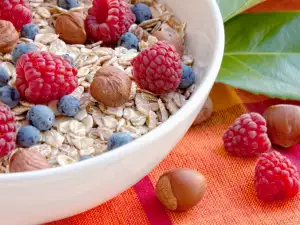


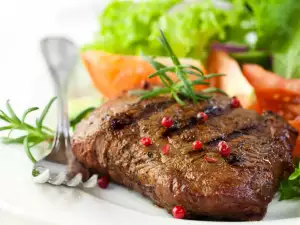
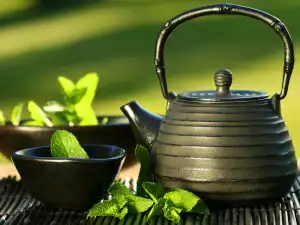




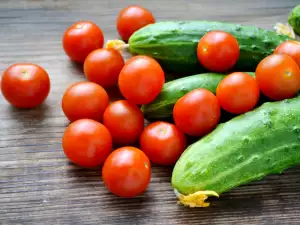


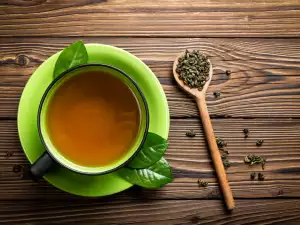
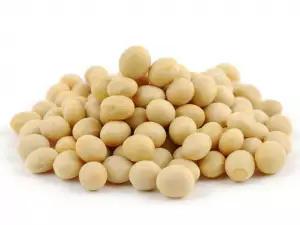




Comments